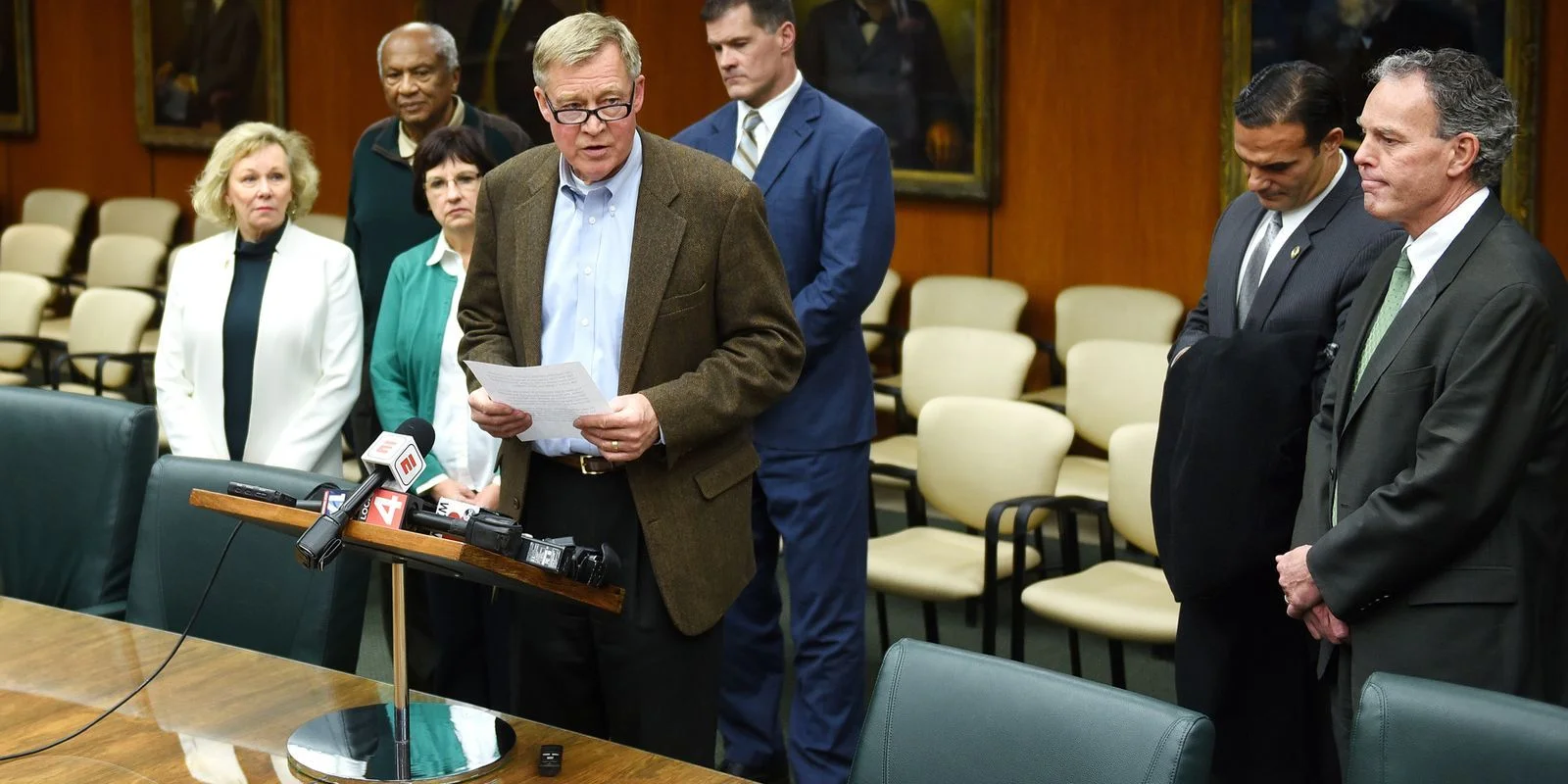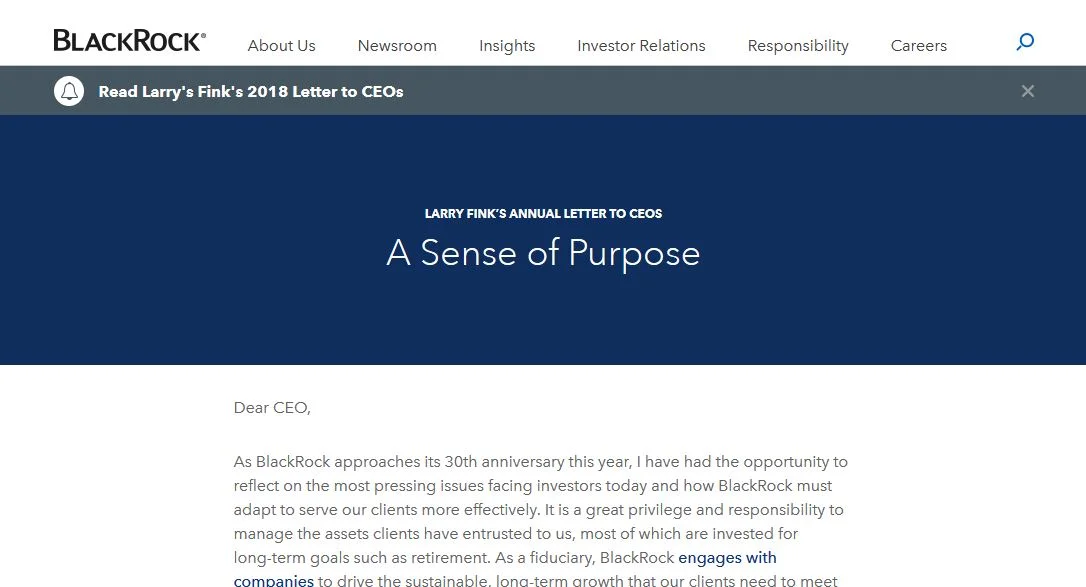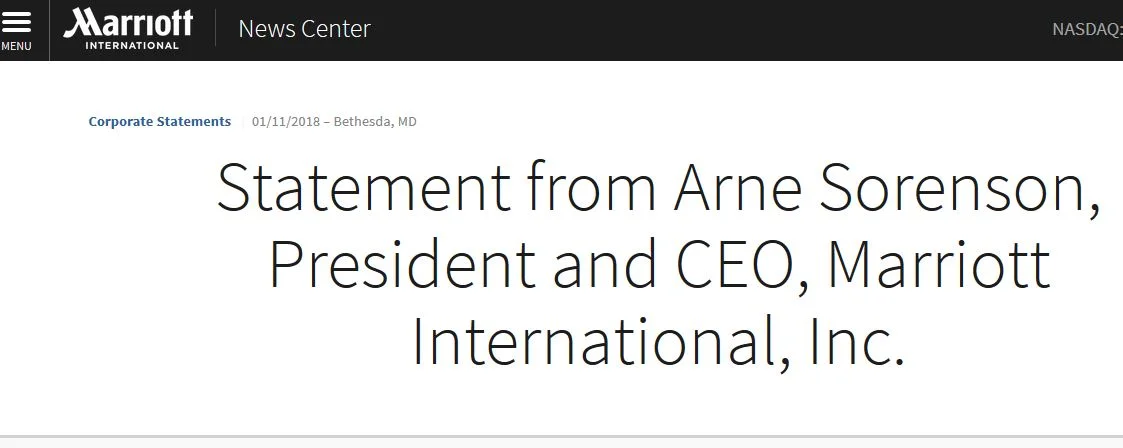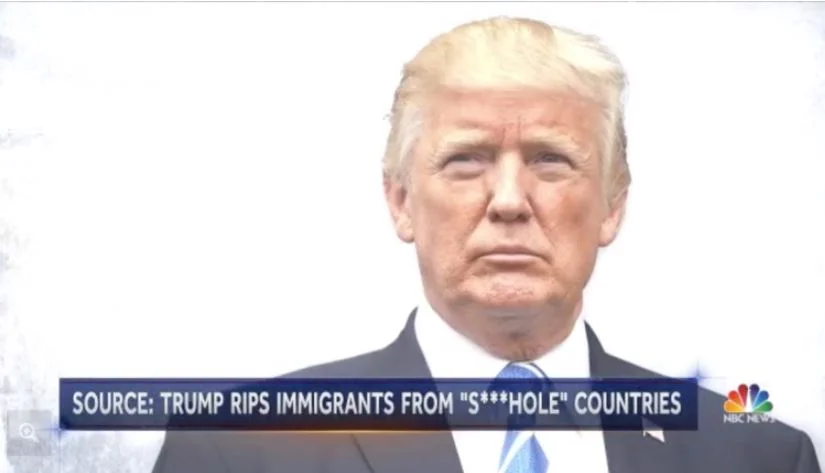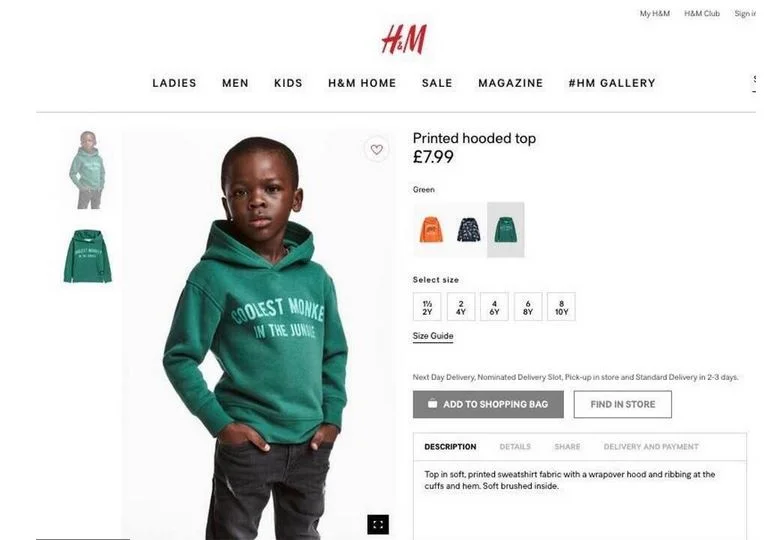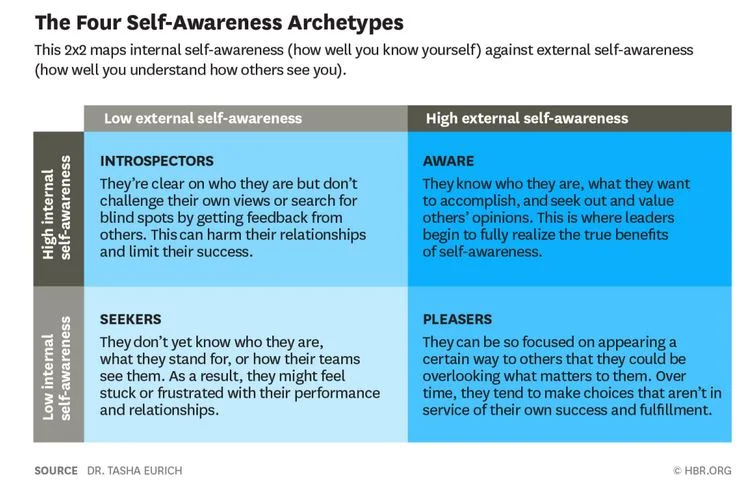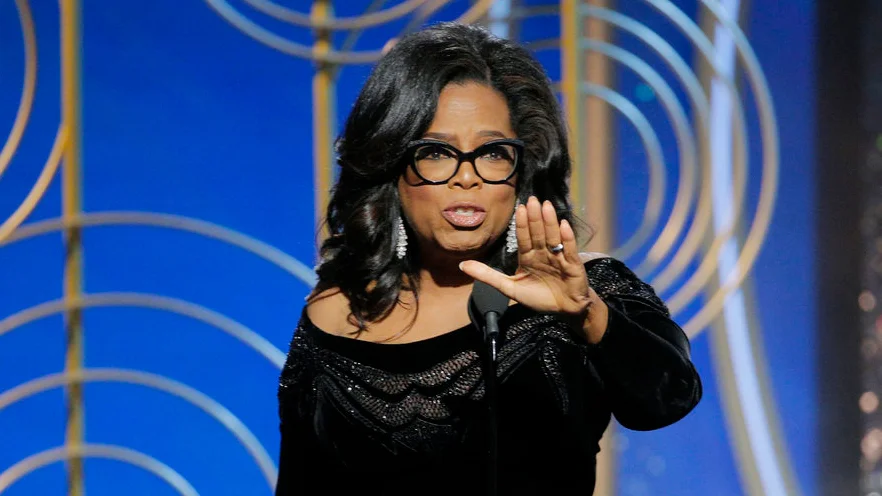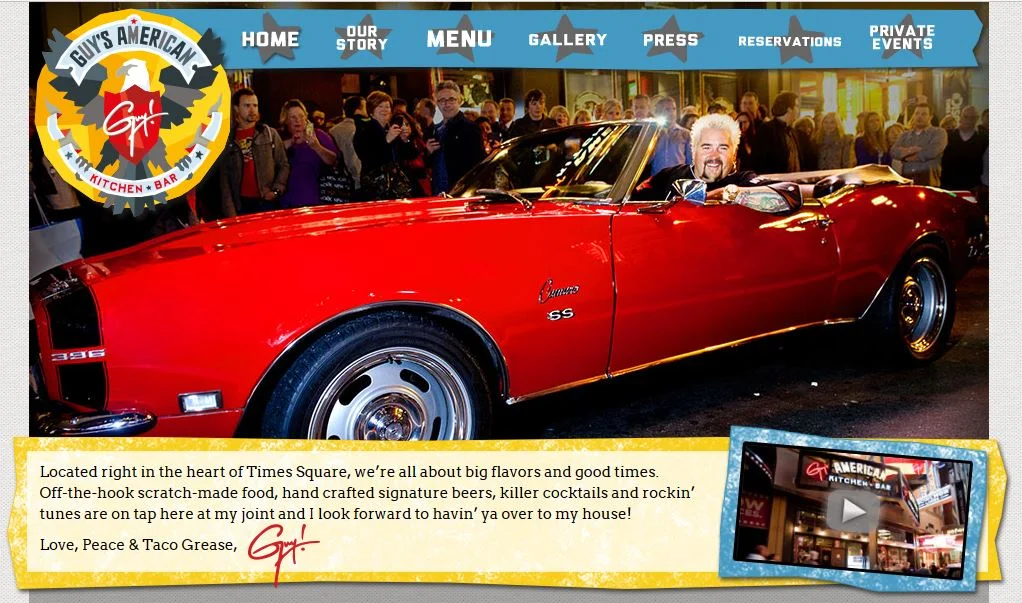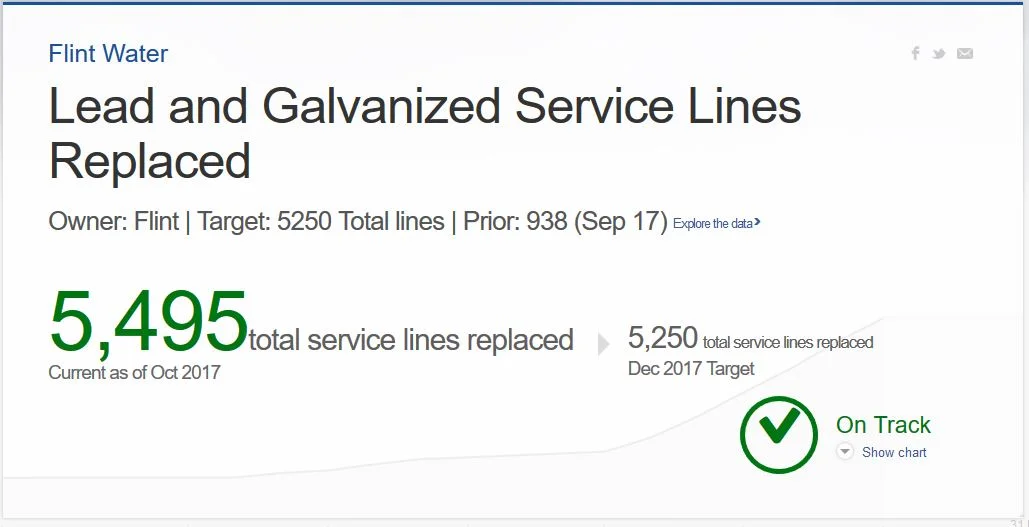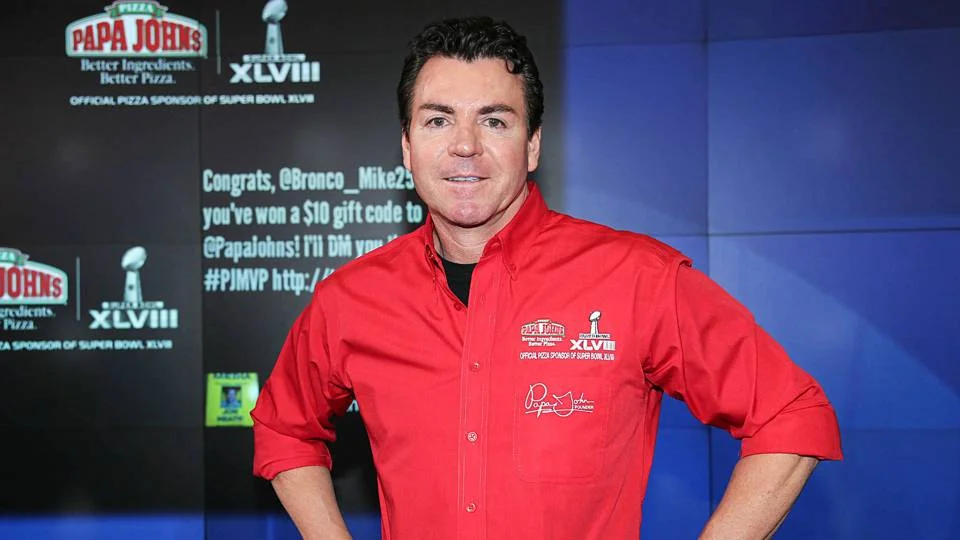Calls for Michigan State President to Resign
Some believe it's a matter of integrity and accountability; others believe this will start the healing process. In addition to public demands, one Michigan State trustee says it's time for the university president to resign over Dr. Lawrence G. Nassar's sexual abuse of dozens of female athletes.
The rest of the university trustees have shown public support for the president, Lou Anna Simon. In a statement, they said, "President Simon is the right leader for the university, and she has our support." But the sole trustee, Mitch Lyons, disagrees:
“I don’t feel that President Simon can survive the public outcry that has been generated by this tragedy. I feel that our best recourse is for President Simon to resign immediately in order to allow the healing process to begin."
According to a Detriot News story, several university officials, including the president, heard complaints about Nassar. Simons admits, “I was informed that a sports medicine doctor was under investigation. I told people to play it straight up, and I did not receive a copy of the report. That’s the truth.” People question her judgment in not seeing the final report, particularly given the recent explosive case at Penn State University. We will see what happens next.
Discussion:
- Should Simon resign? Why or why not?
- What does it take for Lyons to break rank with the rest of the trustees? How would you describe the possible dynamics on the board?
- How does such abuse go on for so long? About 140 women complained about Nassar when he was working with Olympic athletes, and at least eight students came forward at the Michigan State.
- At the end of the trustees' statement, a reporter asks, "Why no questions?" But the board leaves the room without saying anything. Should they have taken questions? Why or why not?
Sonic Restaurant Tailors Communication
A New York Times article describes Sonic Drive-In's approach to different communication styles:
"... colors near employees’ nameplates signal their preferred communication style. Red means be brief, and blue suggests that people provide more detail."
This is a simple, creative way for employees to ask to be communicated with in a way that works for them. You might also see how this could benefit communication with customers and help employees tailor their own preferred style. It could encourage employees to pay attention to non-verbals, such as moving away or losing attention, that signal someone is talking too much. The colors also reinforce the brand.
We know that responsibility for communication is shared, yet this puts added pressure on the person conveying a message. How do you shorten your own style if you're verbose? How do you add detail if you're typically concise?
Discussion:
- How would you describe yourself: blue or red?
- Think of a time when your style didn't match that of another person. In what ways were you able to adjust, and what was difficult for you?
Shark Tank Episode Illustrates Lack of Listening and Humility
The owners of Birddogs didn't do very well on Shark Tank. In Season 9, Episode 14, investors grilled the makers of gym shorts with built-in underwear and were skeptical about their responses.
At some point, Kevin O'Leary stopped the discussion to ask how they thought things were going. They didn't say much at that point, but viewers knew the answer: they probably wouldn't get a deal. At the end, Daymond John, the clothing expert and most likely partner, said, "You were also telling us about how you're better than everybody else. . . . I think it's a very elitist attitude, and I just wouldn't be able to work with you."
The entrepreneurs spoke in generalities about how their marketing was better than that of anyone else. They also claimed a 40% email marketing open rate, while their competitors had only 4%, which the sharks didn't believe.
When Lori Greiner was asking questions, one of the owners kept trying to jump in. He didn't demonstrate good listening skills.
Perhaps the worst of it was at the end. In closing, one of the men was incredulous about why they didn't get a deal.
Discussion:
- Watch the episode (available on Hulu). How well do you think the team handled the pitch? Do you share the sharks' view that they were arrogant and that their numbers "didn't add up"?
- How do you assess their presentation skills? What would have improved their delivery?
- How could they have listened and demonstrated humility? Try to give specific examples.
BlackRock Encourages "A Sense of Purpose"
BlackRock CEO Larry Fink is encouraging companies to be more socially responsible. In his annual letter, the investment firm CEO describes the increasing wealth disparity in the United States:
"We are seeing a paradox of high returns and high anxiety. Since the financial crisis, those with capital have reaped enormous benefits. At the same time, many individuals across the world are facing a combination of low rates, low wage growth, and inadequate retirement systems. Many don’t have the financial capacity, the resources, or the tools to save effectively; those who are invested are too often over-allocated to cash. For millions, the prospect of a secure retirement is slipping further and further away – especially among workers with less education, whose job security is increasingly tenuous. I believe these trends are a major source of the anxiety and polarization that we see across the world today."
Fink is encouraging more engagement of shareholders and a focus on creating long-term value:
"Companies must ask themselves: What role do we play in the community? How are we managing our impact on the environment? Are we working to create a diverse workforce? Are we adapting to technological change? Are we providing the retraining and opportunities that our employees and our business will need to adjust to an increasingly automated world? Are we using behavioral finance and other tools to prepare workers for retirement, so that they invest in a way that that will help them achieve their goals?"
But critics say Fink is overstepping. On Squawk Box, Sam Zell said, "I didn't know Larry Fink had been made God."
Discussion:
- What's your view of Fink's position? Is this a good idea, or should he keep his thoughts to himself?
- What are Fink's communication objectives, and how well does he meet them?
- Assess the letter in terms of organization and writing style.
Marriott Apologizes for Mislabeling Chinese Region
Marriott apologized for mistakenly listing Tibet, Macau, Hong Kong, and Taiwan as countries in a drop-down menu under China. This is a controversial issue, which the company has since acknowledged in a statement on its website beginning as follows:
"Marriott International respects and supports the sovereignty and territorial integrity of China. Unfortunately, twice this week, we had incidents that suggested the opposite: First, by incorrectly labelling certain regions within China, including Tibet, as countries in a drop-down menu on a survey we sent out to our loyalty members; and second, in the careless “like” by an associate of a tweet that incorrectly suggested our support of this position. Nothing could be further from the truth: we don’t support anyone who subverts the sovereignty and territorial integrity of China and we do not intend in any way to encourage or incite any such people or groups. We recognize the severity of the situation and sincerely apologize."
Marriott is not alone in the mistake: 24 airlines have similar website configurations. The Marriott situation was complicated by an employee "liking" a post by Friends of Tibet, suggesting that the company supports the independence of Tibet.
The statement goes on to describe what Marriott will do differently in surveys in the future.
Discussion:
- Marriott says the survey was created by another company to which the project was outsourced. They don't say it as an excuse, but is it? What is Marriott's responsibility for oversight?
- How well does the statement express the apology? What, if anything, could be improved?
President Trump Refers to "S---hole" Countries
During a meeting about immigration policy, lawmakers heard President Trump ask why the U.S. would admit people from "s---hole" countries like African countries and Haiti instead of places like Norway.
I have refrained here as have some TV news stations (NBC, shown here), but the major print news outlets—NY Times, Washington Post, and Wall Street Journal—all printed the actual profanity. The New York Times explains the decision:
But several media executives said on Thursday that the news value of Mr. Trump’s remarks, which the White House did not dispute, was undeniable.
“It would be futile to mask the word when the language itself, in reference to Haiti and African countries, was so extraordinary,” said The A.P.’s vice president for standards, John Daniszewski.
Discussion:
- Why would some media outlets use the word, while others avoid it? What does the decision involve?
- Some take issue with the reporting about "vulgar," "crude," or "profane" language, calling for the press to call the president a "racist" instead. What are your thoughts? First, does the comment indicate that he is a racist? Second, should the news agencies report this differently?
- An argument could be made that the president is just being himself, authentic. What do you think of this view?
Intel CEO Warns of Vulnerability, a Little Late
The CEO of Intel has bad news: a patch for a chip vulnerability will slow down computer operations. In an interview with Bloomberg, a technology analyst explains the typical process when finding security issues: companies find a bug and solve it before going public. However, this time, an issue known for perhaps a year went unsolved and was kept quiet—until now.
Bloomberg says chip makers had downplayed the effects of the patch, but CEO Brian Krzanich has finally described the issue:
“We believe the performance impact of these updates is highly workload-dependent. As a result, we expect some workloads may have a larger impact than others. As of now we have not received any information that these exploits have been used to retrieve customer data.”
In other words, the patch works but will slow down operations.
A technology analyst says this is the first time chip makers like Intel have gotten caught needing to admit a potential vulnerability, and it's unclear why it hasn't been fixed before this point.
Bloomberg reports on the secrecy and implications:
“Our first priority has been to have a complete mitigation in place,” said Intel’s Parker. “We’ve delivered a solution.”
Some in the cybersecurity community aren’t so sure. Kocher, who helped discover Spectre [a bug], thinks this is just the beginning of the industry’s woes. Now that new ways to exploit chips have been exposed, there’ll be more variations and more flaws that will require more patches and mitigation.
"This is just like peeling the lid off the can of worms," he said.
Discussion:
- In what ways did Intel avoid accountability? How did the avoidance affect the company? What would have been a more appropriate response to finding the bugs?
- Distinguish between this computer vulnerability and vulnerability in interpersonal relationships. One is good; the other is not.
- Read the Intel CEO's quote, above. It sounds jargony but was presented at CES, a conference of IT professionals. Did he use appropriate language, or does his word choice demonstrate a lack of transparency? What do you think?
H&M's Product and Photo Criticized
Yet another retailer is criticized for a product and image considered, as Forbes puts it, "racially insensitive." This time, H&M is answering for an image of a black child in a hooded sweatshirt with the message, "Coolest Monkey in the Jungle."
As predicted, the company pulled the product and issued an apology:
"We understand that many people are upset about the image. We, who work at H&M, can only agree. We are deeply sorry that the picture was taken, and we also regret the actual print. Therefore, we have not only removed the image from our channels, but also the garment from our product offering globally. It is obvious that our routines have not been followed properly. This is without any doubt. We will thoroughly investigate why this happened to prevent this type of mistake from happening again."
Still, some people are boycotting H&M, and Grammy winner Abel Tesfaye (aka "The Weeknd") says he is cutting ties with the brand.
Discussion:
- Same question as usual: How did this happen? How could the product and image have passed a review process?
- Abercrombie has been accused of intentionally creating controversial clothing. Do you think this is the case with H&M? Why or why not?
- To what extent is H&M taking responsibility for the incident? What else, if anything, should the company do?
How to Cultivate Self-Awareness
A recent Harvard Business Review article tells us the best way to cultivate self-awareness. We know that self-awareness is critical to leadership and self-development, yet new studies demonstrate the power and limitations of being self-aware.
The author explains, "introspection doesn't always improve self-awareness." When people focus on "why" ("Why did I do this?"), they might dwell too much on their fears and just reinforce the way they are. Instead, asking "what" questions ("What should I do next time to prevent this from happening again?"), encourages learning because it's more objective and focused on the future.
The author also identifies four self-awareness archetypes around our internal and our external self-awareness. Internal self-awareness is understanding our own values, passions, and aspirations, while external self-awareness is understanding how others view these aspects of ourselves.
Discussion:
- Which archetype best describes you? What are the advantages and drawbacks of this orientation?
- How does understanding your archetype help with team communications and teamwork?
- Do you find yourself asking more "why" or "what" questions when you spend time reflecting? How would you describe the potential danger of focusing on "why"?
NBC's Integrity Called Into Question
NBC's Twitter account manager overstepped when posting about Oprah at the Golden Globes.
The company tweeted a correction and removed the post:
"Yesterday a tweet about the Golden Globes and Oprah Winfrey was sent by a third party agency for NBC Entertainment in real time during the broadcast. It is in reference to a joke made during the monologue and not meant to be a political statement. We have since removed the tweet."
Donald Trump Jr. didn't miss the chance to reinforce his father's criticism of mainstream media as "fake news."
Discussion:
- How well did NBC handle the situation? What else, if anything, should the company do?
- How damaging do you think this tweet is for NBC and for mainstream media?
- To what extent did NBC demonstrate accountability?
- What are the other dangers of outsourcing a Twitter account? (Hint: authenticity)
Oprah's Rousing Speech
At the Golden Globes, Oprah did what Oprah does: get a crowd going. Her acceptance speech for the Cecil B. DeMille award echoed themes from the night, celebrating Rosa Parks and the #MeToo movement.
Seth Meyer's show opening included a bit about Oprah running for president, and her speech did sound a bit "presidential": "I want all the girls watching here and now to know that a new day is on the horizon!" If we judge by the standing ovation and social media reactions, she already has a following.
A Washington Post article goes beyond last night's reactions and quotes her partner saying, "It's up to the people. She would absolutely do it."
Discussion:
- What were the main points of Oprah's speech, and how did she organize it?
- Assess her delivery skills. What makes this a powerful speech?
- How did Oprah demonstrate compassion in the speech? How effectively did she get her message across?
Neiman's Outgoing CEO Demonstrates Humility
It may be difficult for Karen Katz to leave her role as president and CEO of Neiman Marcus after 30 years of service. She will serve on the board, but she's been replaced with an outsider—Geoffroy van Raemdonck from Ralph Lauren. Katz will step down just about one year after her predecessor, who served for less than three years in the position.
According to a CNBC report, the retailer is struggling as many are today:
The move comes at a crucial time for the high-end department store, which has been working to restructure its roughly $4.4 billion in long-term net debt and readjust to the rapidly changing retail landscape.
In a news release, the company announced the change, and Katz is included in the list of people quoted:
It has been a unique privilege serving as CEO, and I am proud of the substantial progress and success our team has achieved. Geoffroy has an impressive track record of success at luxury brands, and he is the right person to lead the Company through this next phase of growth.
Discussion:
- Read other news and opinions about Katz's departure. What is said in the company's news release, and what is perhaps unsaid?
- Should the company be more transparent about the decision in this statement? Why or why not?
- How does this CEO departure statement compare to others? Research other companies' statements to compare circumstances and approaches.
- In what ways does Katz demonstrate humility?
Restaurant Closes and Owner Says Little
Guy's American Kitchen and Bar in Times Square, NYC, will close after just five years and plenty of controversy. The owner, Guy Fieri, has a big personality and has been known to be defensive when criticized. After a scathing 2012 review of the restaurant, Fieri went on the Today show to voice his reaction:
"I thought it was ridiculous. I mean, I've read reviews —- there's good and there's bad in the restaurant business, but that to me went so overboard, it really seemed like there was another agenda."
"The tone, the sarcasm, the question style."
"To me, it's impossible to come in and have a dining experience and have every single thing is wrong, unless you come in with a different agenda and you want to sensationalize something and you want to blow it out of the water. It's a great way to make a name for yourself — go after a celebrity chef that's not a New Yorker that's doing big concept in his second month. Great way to hit it."
Now, Fieri isn't saying much about the decision to close. The restaurant website homepage, shown here, looks like business-as-usual, and Eater reports an "update" on its article:
"Update: In a statement to Eater via a spokesperson, Fieri did not shed light on the reason for the closure, but noted he is 'proud' of serving millions of people throughout the years and thanked his team."
Discussion:
- Compare the process of closing this business with that of Book World, also recently announced. How do the companies' approaches differ?
- Fieri could demonstrate some humility and vulnerability, but we don't see much. How could a different reaction help him?
Book World Announces Closing
The country's fourth-largest bookstore is closing the last of its 45 stores. Communicating such bad news is difficult for any leader. Book World was a family-owned business since 1976, which probably makes the decision even more painful.
The announcement, including book liquidation plans, is posted on the company's website. We see some of the writers' personality with the abundant use of exclamation points. Otherwise, the message is fairly straightforward.
Discussion:
- How do we see Book World's leaders demonstrating authenticity and vulnerability in this post?
- What's your view of the exclamation points? When is it appropriate to use these marks in business writing, and when is it overkill?
- What else, if anything, should the Book World statement include?
More Water Issues for Flint and No Response
Flint, Michigan, is in the news again for poor water quality. After findings of too much lead in drinking water, the city was under an agreement to replace faulty pipes, provide water filters, and report on progress. However, advocacy groups say the city is already falling short of the terms set in March of this year. According to the NPR article, "City and state officials did not immediately respond to the allegations."
Although some water service lines have been replaced, the number is not keeping pace with the agreement. Critics say that "all of the City's status reports have been late, incomplete, inaccurate, or a combination thereof."
The government has its own messaging on a website from the mayor's office. According to the data and chart, the city is "on track."
Discussion:
- Read the criticism and the mayor's report. What are the discrepancies, and how do you account for them?
- What else, if anything, should the city do to communicate its progress and demonstrate accountability?
How Does a White Supremacist Change?
Derek Black grew up in a prominent white supremacist family, but his views about race changed when he went to college and met people who cared to challenge him. The New York Times Daily Show rebroadcast an interview with Black, and we hear first-hand about his growing up and about his evolution. (Read the transcript.)
Black's father started Stormfront, a white nationalist website, and his godfather was David Duke, once a leader of the Ku Klux Klan. Black describes his family and friends as a close group, connected by a shared purpose. Although he says that his family doesn't single out individuals, they believe that IQ is linked to race, and that people of color are biologically inferior.
After spending time with Jewish people and comparing research, Black came to understand—over the course of a year—that his research was flawed. He now denounces the white supremacist movement.
Discussion:
- How would you describe Black's transformation? What is significant about his development in terms of understanding cultural differences?
- Black wanted to stay in the background after his discovery, but he says he felt compelled to be more publicly vocal. What are the arguments for and against staying anonymous?
- Describe how Black demonstrates intellectual humility.
Papa John's Vague Message About a New CEO
Papa John's Founder and CEO John Schnatter will be replaced by a long-time insider, Steve Ritchie. Although the company didn't confirm a connection, a New York Times report assumes the move is related to Schnatter's controversial statements about the NFL. He blamed NFL leadership for allowing players to kneel during the national anthem, which he said led to declining viewership and, as a result, declining pizza sales.
The company's news statement also says little about the decision. Instead, the message focuses on Ritchie's qualifications, with endorsements from Schnatter, who will remain board chair.
Schnatter's accusations were criticized by some and, unfortunately, touted by white supremacist groups. Schnatter did his best to disentangle from the association with hate groups, but the damage may have been done.
Discussion:
- Did the company make the right decision? What are the potential consequences?
- Should Papa John's say more about the reason Schnatter is stepping down? Why or why not?
Amtrak Leaders Take Responsibility
Amtrak's leaders have apologized for a train crash in Washington that left three people dead and about 100 more injured. Two of the men who died were train enthusiasts who traveled together to experience the new route.
In the past, Amtrak has been slow to apologize. This time, the response is better, yet not enough for some, as you see in this response on Twitter.
The president and CEO's full message is below:
To our customers,
On behalf of everyone at Amtrak, I want to share that we are deeply saddened by the tragic event involving train 501 on December 18th. We are profoundly sorry for those who have lost a loved one, were injured, or are otherwise impacted by this horrible event. At this time, our primary concern continues to be caring for our customers and employees, and we are using every available resource to assist those affected. We share everyone’s sense of urgency to identify exactly what caused this to happen, and we continue to fully cooperate with the investigation being led by the NTSB.
If you are traveling with us during the holiday season, I want to assure you that Amtrak remains committed to your safety. Our primary focus is and will always be getting you to your destination safely, comfortably, and efficiently. We are truly privileged to serve you and thank you for your continued patronage.
Richard Anderson
As always in these situations, Amtrak provided regular service updates on its website, and this apology is an improvement. But, after several similar crashes, including those involving MTA trains, people want to know what will be done to prevent this from happening again.
Discussion:
- What's your view of the president's message? How well does the message meet principles of apologies?
- What else should the organization do now? How can it rebuild its image and assure people that Amtrak trains are safe?
Banned Words for the CDC?
The Washington Post may have "mischaracterized" a report that the Centers for Disease Control (CDC) was "banned" from using certain words in its budget documents. Reports claimed that the Trump Administration would prevent the CDC from using these seven words: vulnerable, entitlement, diversity, transgender, fetus, evidence-based, and science-based.
But in a Facebook post, CDC Director Brenda Fitzgerald denied such restrictions. She is upholding the integrity of the organization.
What really transpired between the CDC and the Trump Administration? The Human Rights Commission, an LGBTQ organization, wants to know. In addition to projecting the seven words boldly across a Trump hotel in Washington, D.C., in protest, the organization has asked for more information:
"In conjunction with the enormous light display, HRC has filed a Freedom of Information Act (FOIA) with the Department of Health and Human Services (HHS) for any and all records, including communications with the CDC, relating to the banned words from November 2016 onward."
Discussion:
- How is this an issue of integrity for the CDC? What do you think actually transpired between the CDC and the Trump Administration?
- Where do you think the Washington Post went wrong—or did it?
- Assess the CDC director's response. How well did she handle the issue and rebuild the agency's image?
Morgan Spurlock Admits Sexual Misconduct
Documentarian Morgan Spurlock published an account of his sexual conduct, admitting, "I am part of the problem." He demonstrates vulnerability and describes a situation which a woman describes as rape. He also admits that he was "unfaithful to every wife and girlfriend I have ever had." Spurlock is the first public figure who admitted misconduct before he was accused.
His most famous movie was Super Size Me, which criticized McDonald's for unhealthy food. Super Size Me 2: Holy Chicken! was going to premiere at the Sundance Film Festival but will be withdrawn. In addition, Spurlock's production company, Warrior Poets, announced that he will step down:
On behalf of Warrior Poets, we as partners have always supported our company and its endeavors. As of today, Morgan Spurlock will be stepping down effective immediately.
We will continue to lead the company as equal partners, producing, distributing & creating from our independent production company.
Respectfully,
Co-Founder & Partner Jeremy Chilnick
and Partner Matthew Galkin
Discussion:
- What's your view of Spurlock's statement, which some call a "confessional"? Some consider it trite, while others applaud his openness.
- Was it best for Spurlock to step down from Warrier Poet? Why or why not?

